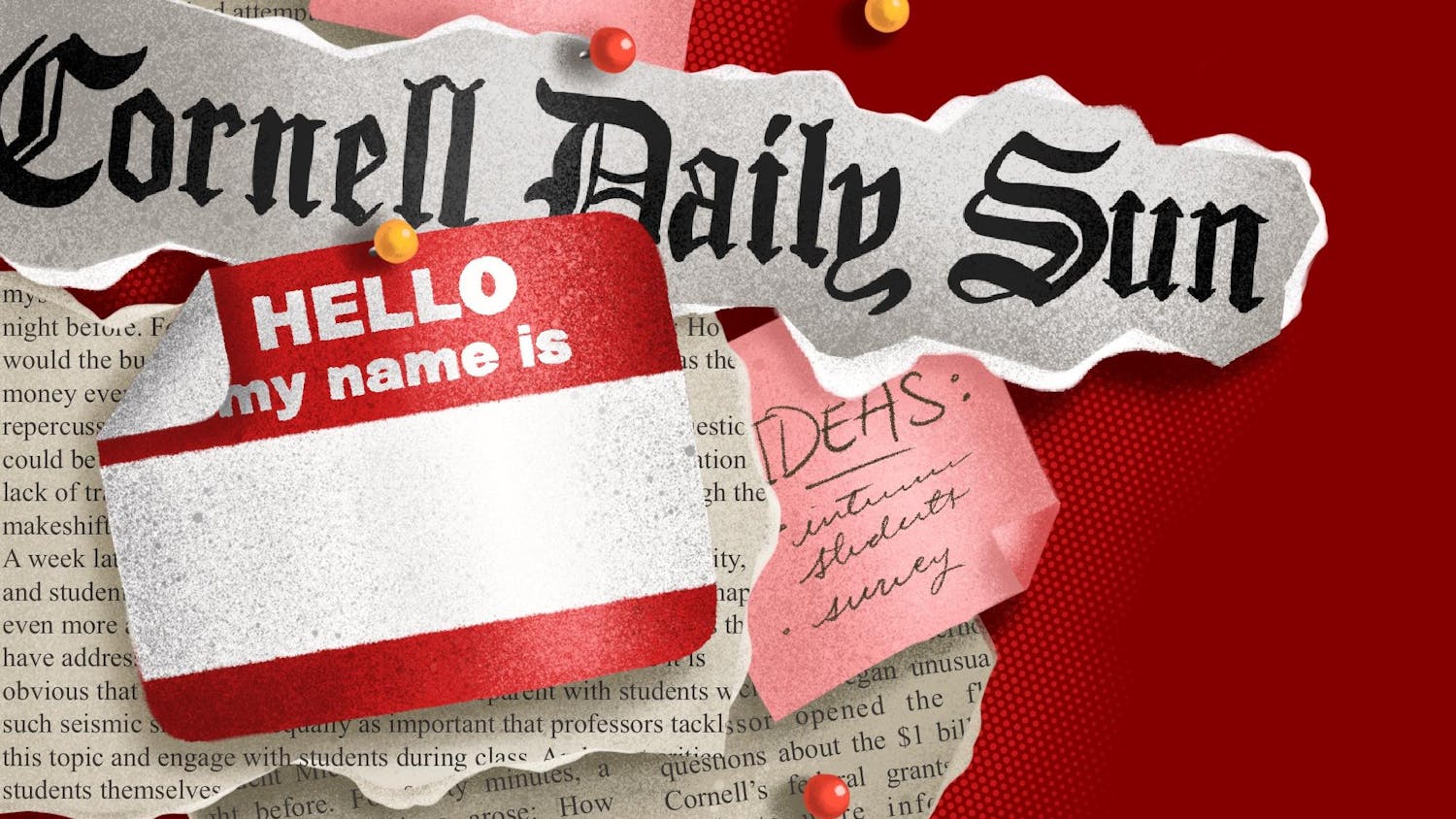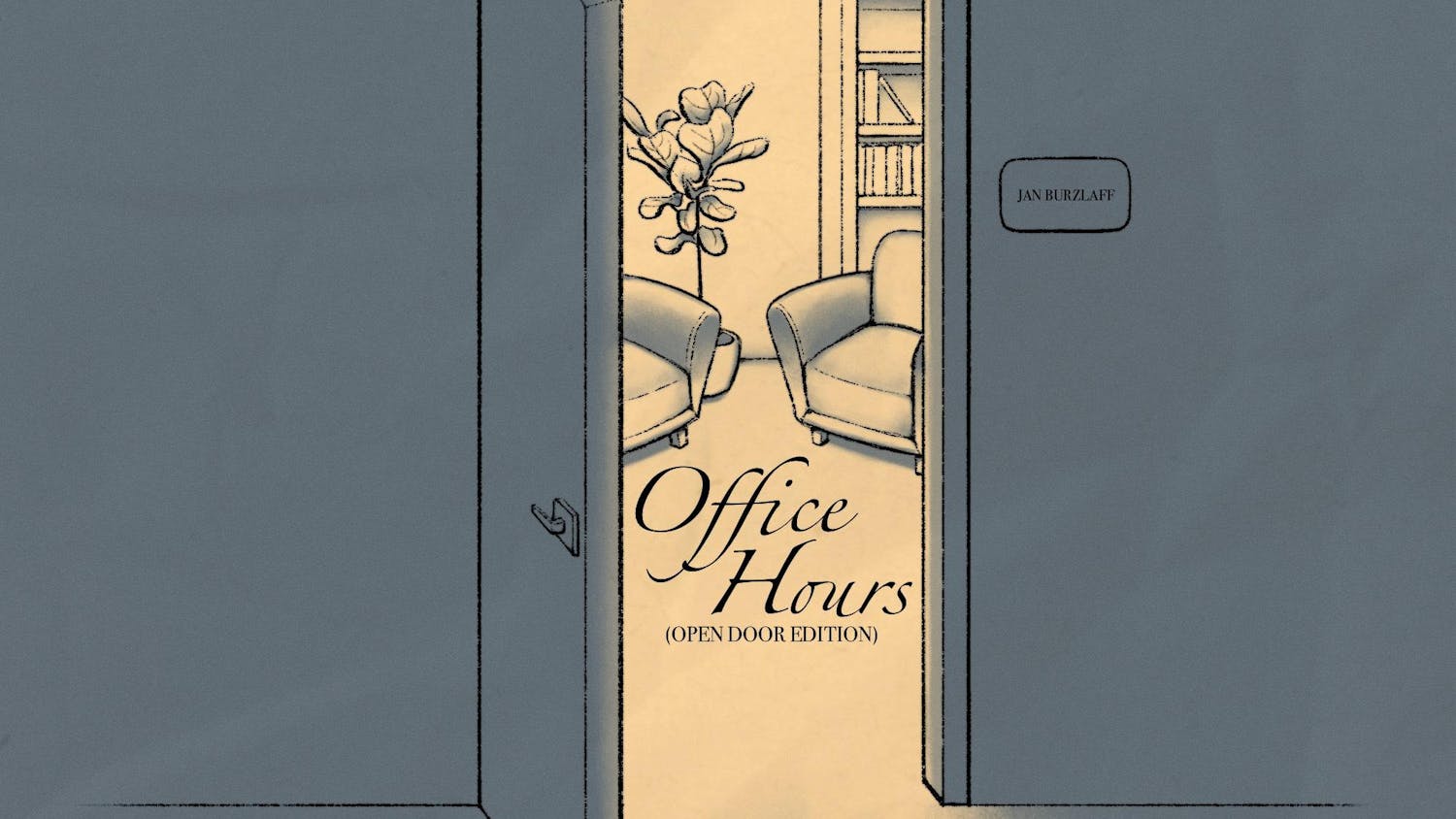It was with sadness and embarrassment that I read The Sun’s article, “Kotlikoff Criticizes Kehlani’s Slope Day Headline.”
The issue, it seems, is that R&B singer Kehlani has political views.
And we, as a university, are now in the business of looking into whether we can cancel engagements with people based on their having such views. How else can we interpret President Kotlikoff’s regret, that “We found out about the social media of this performer roughly three weeks ago” and that “it’s too late to secure another performer that will be acceptable or appropriate for Slope Day”?
Private universities’ disinviting people based on their political views is probably legal. New York State Human Rights Law prohibits such denial of facilities on several bases, but not political views. And Cornell is, for most legal purposes, a private institution, so First Amendment protections don’t apply as robustly as they would in public institutions.
But the vision of the university revealed by this decision is of a diminished and petty institution.
According to The Sun, “Kolitkoff shared steps the administration had already taken to limit the artists’ political impact on campus … ‘We also altered that contract to make it clear that if there are any political events at the performance, there is full forfeit of the whole compensation,” Kotlikoff said. ‘We assured ourselves to the extent [possible] that this will be a successful event … without politics.’”
It seems we no longer aspire to embrace the whole, the root of the word university. We want to be small, to cower, avoid controversy, avoid being noticed, to regulate exposure to content and ideas, cabin these off so that, like second-hand smoke, no one is exposed without prior consent. In particular, we want to excise political views. Like a vice that we tolerate: You can find them in clubs, but not the classroom; in permitted demonstrations at regulated times, but not in the middle of light entertainment.
It is condescending to our students, whom we have decided would be so harmed by the chance exposure to political views — views they agree with, disagree with, have never thought of, doesn’t matter — that we write a prohibition into a contract. This logic would prohibit John Lennon from singing “Imagine,” Bob Dylan from “The Lonesome Death of Hattie Carroll” and Kendrick Lamar from “Alright.”
Of course, there’s a double standard. We invite Ann Coulter to speak on whatever she wants, and when she espouses the antisemitic “replacement theory” we defend the open exchange of ideas. However, we write a legally binding contract preventing Kehlani from mentioning, displaying or doing anything at all that might expose students to her politics. What’s the difference? That people could choose to go to Coulter, but Slope Day is … what, mandatory? Or maybe we have unilaterally decided that entertainment cannot have politics?
The double standard is Palestine. If Kehlani were to say “free your mind,” or “it’s important to vote,” or wear a rainbow flag pin, or to mention LGBTQ+ rights in their songs, would the contract’s forfeiture clause be invoked? Is this contract clause now going to be required of all performers? Are we going to be canceling performers whenever we find out that they have political views? Or just those with views supportive of Palestine?
The only way Kotlikoff’s statement can be made consistent with non-discrimination on the basis of viewpoint — that viewpoints cannot be prohibited and proscribed by administrative fiat — is by answering yes to the first three questions. And any university that would is not worthy of the name. Cornell, it seems, gets smaller by the day.
[Since I wrote this letter, President Kotlikoff announced that Kehlani is to be disinvited on the basis of views that he finds “hateful.” I wonder, when he invited defenders of what is very plausibly a genocide, if he paused to ask whether those views, too, were hateful and divisive? I wonder also whether he recognizes that the only differences between his cancellation of Kehlani and students’ disruption of the March 10 event, for which they were physically removed from Bailey Hall and now face disciplinary charges, are that his shouting down alternative viewpoints was much more effective and will result in no charges under the code of conduct. To say Slope Day is special, about unity rather than division, as President Kotlikoff wrote in his announcement, is dodging the issue. Any person who is invited, who has any views at all, is potentially divisive. To disinvite on the basis of those views is equally divisive. Unity cannot be imposed by fiat, by arbitrarily deciding that some views must be insulated from exposure to others. Unity, in any case, is not the point of a university; it is the conflicting and contradictory whole to which we aspire, not the false protection of a flattened, squeezed-out discourse.]
David A. Bateman is an Associate Professor in the Government Department and in the Brooks School of Public Policy.
The Cornell Daily Sun is interested in publishing a broad and diverse set of content from the Cornell and greater Ithaca community. We want to hear what you have to say about this topic or any of our pieces. Here are some guidelines on how to submit. And here’s our email: associate-editor@cornellsun.com.











